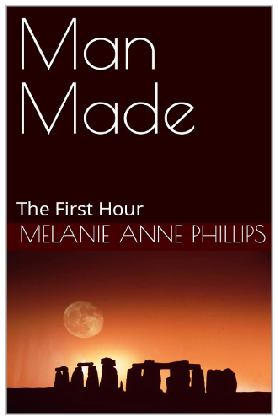


|
For Story Structure |
|
For Story Development |
|
|

|
|

|
The complete program includes all the following… |
|
|
|
Introduction and Overview Introduction to the Story Mind, Story Structure vs. Storytelling, The Grand Argument Story. The Four Essential Throughlines. The Psychology of Story. How to Psychoanalyze your story. |
|
|
Characters The difference between Objective and Subjective Characters, Why "Hero" is a four- |
|
|
Storyforming The 8 Essential Questions every author should be able to answer about his or her story: Main Character Resolve: Change or Steadfast?, Main Character Growth: Start or Stop?, Main Character Approach: Do- |
|
|
Theme Theme as Perspective, Thematic Topics, Thematic Arguments, Classifying Problems, Finding your theme in the Dramatica Structural Model. The Premise, Thematic Conflict, Thematic Conclusion |
|
|
Storyencoding Turning your structure into real people, places, and events, Illustrating Story Points, How to illustrate more than one story point with a single event, Finding the structure in work you have already written, How to use and illustrate Story Domains, Story Concerns, Story Issues, Story Problems. |
|
|
Plot Plot vs. Storyweaving, How Plot affects Character, Theme, and Genre, Satic Plot Points, Goals, Consequences, Requirements, Forewarnings. Progressive Plot Points, 3 Act Structure, 4 Act Structure, 5 Act Structure, 7 Act Structure, How to KNOW what happens in Act 2 |
|
|
Storyweaving How to create an Exposition Plan for your story, How to make your story interesting with Storyweaving techniques such as: Changing Scope, Changing Importance, Red Herrings, Non- |
|
|
Genre The many faces of Genre, Why every story has a unique Genre, How to create a Genre chart, How to chart and control your audience's emotional throughline, How to avoid breaking emotional continuity |
